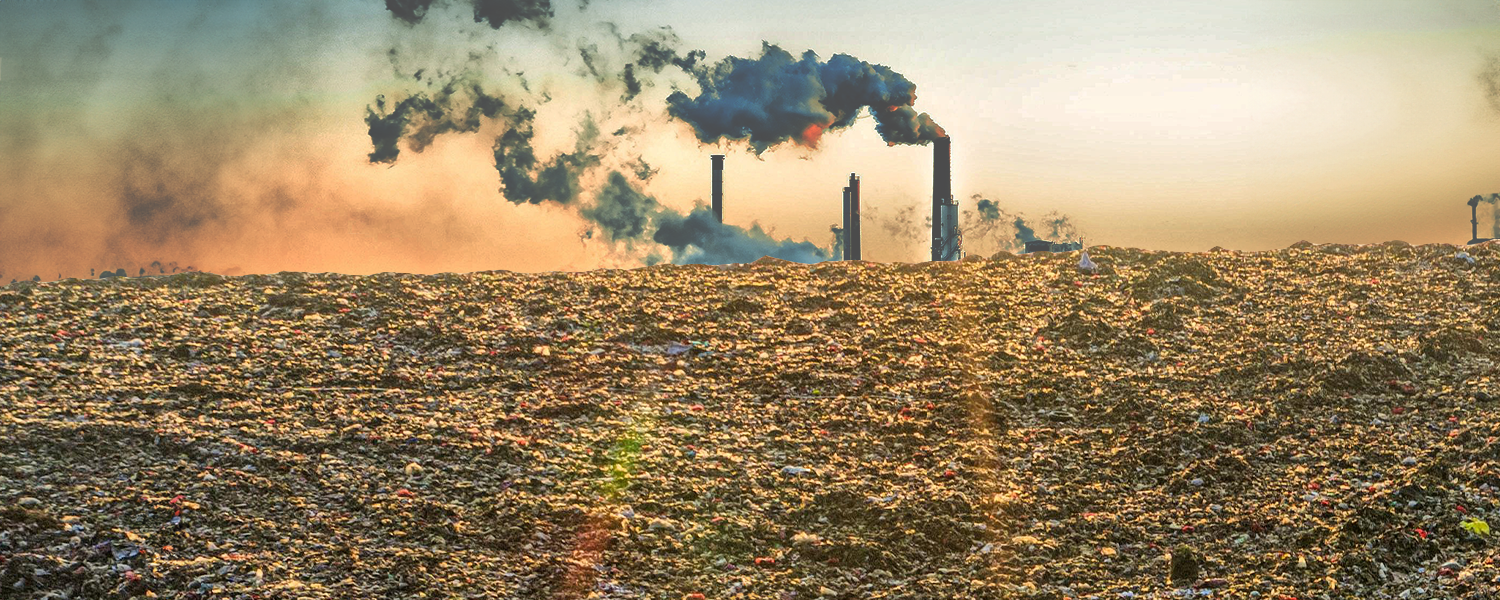Call on Global Plastics Treaty Chair to address subsidies for plastic in treaty text
Luis Vayas Valdivieso, Chair, Global Plastics Treaty INC

Why should the public be paying for an industry that is causing harm to the public and our environment? Right now, the global plastics industry is receiving an estimated $45 billion worth of subsidies each year. Subsidies are meant to be a way for governments to incentivize an industry, by providing funding both directly, and indirectly (such as through tax breaks). In short, subsidies “encourage more production and consumption than would happen normally”. That’s right - governments are supporting this polluting industry, at the cost of their own citizens, our environment and the future generations.
Meanwhile, the United Nations is converging to form a global treaty to end plastic pollution. This treaty will be legally binding and is set to tackle the entire lifecycle of plastics.
Plastics aren’t just harmful to sea turtles. They can have serious impacts on human health, and have been linked to inflammation, endocrine disrupters, reduced fertility and even cancer. They’re also directly linked to climate change: if plastics were a country they would be the 5th largest carbon emitter.
Yet, subsidies are still making plastics artificially cheap, which makes it harder for truly sustainable alternatives to compete in price. Clearly plastics subsidies must end, and the Global Plastics Treaty is a way to accomplish that.
The final UN negotiation for a Global Plastics Treaty (INC-5.2) is set to take place this August in Geneva, Switzerland. The time to act is now, as after this final negotiation it will be too late to add subsidies to this legally-binding document. Together, we can call out the need for the inclusion of plastics subsidies, so that in August decision makers can finally act to stop this unnecessary waste of public money.
An old version of the treaty draft included subsidies, but in the Chair’s latest version, plastics subsidies are not even on the agenda. Join us in calling out the plastics elephant in the room: subsidies, by asking the INC Chair, Luis Vayas Valdivieso, and executive director of UNEP Inger Andersen, to include subsidies in the Global Plastics Treaty text.
Thank you for your support in helping to end plastic pollution.
Learn more from our latest video
Sponsored by
Additional Sponsors
To:
Luis Vayas Valdivieso, Chair, Global Plastics Treaty INC
From:
[Your Name]
Dear Chair,
We're writing to request that you please re-insert 'plastic subsidies' language back into the draft text for INC-5.2.
We appreciate that you are working extremely hard to deliver an international legally-binding instrument (IBLI) to tackle plastic pollution with great urgency, and that your Chair's Non-paper has been created to make that possible.
However, we wanted to bring to your attention that the important topic of 'plastic subsidies' were not brought over from the Compilation Text that was worked on by all member states from INCs 1- 4. This matters greatly, because any economic advantage that incentivises more use of plastic due to lower costs, will also make plastic pollution more likely. We understand that just having mention of 'plastic subsidies' in the IBLI text will be enough for the time being, as finer details can be worked out in future COPs.
Thank you for your dedication and perseverance in helping to make the Global Plastics Treaty a resounding success for the world's population, our environment and future generations.
Signed,



